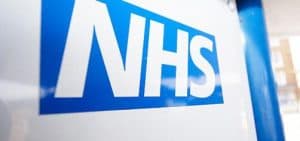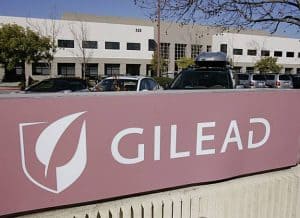
Three new drugs approved for use in Scotland
pharmafile | November 12, 2015 | News story | Sales and Marketing | Scottish Medicines Consortium
The Scottish Medicines Consortium (SMC) has given the go-ahead for the use of several drugs on the NHS in Scotland.
MSD’s Keytruda (pembrolizumab) is approved as a treatment option for patients with advanced melanoma who have not been previously treated with Bristol-Myers Squibb’s Yervoy (ipilimumab).
Scotland has one of the highest incidence rates of malignant melanoma in the UK with around 1,200 new cases diagnosed in 2011. This decision means brings Scotland in line with recommendations by NICE in in England.
Mike Nally, UK managing director for MSD says: “We are delighted about the SMC recommendation for pembrolizumab use prior to ipilimumab and that patients in Scotland now have another option for advanced melanoma. We are committed to championing that all patients in the UK who need this treatment will be able to have access to it.”
Women in Scotland with an advanced and incurable form of ovarian cancer could benefit from the targeted treatment Avastin, which has been given the green light by the SMC. Avastin has been recommended for use in combination with chemotherapy (carboplatin and paclitaxel) for front-line treatment of patients with advanced (Stage IV) epithelial ovarian, fallopian tube, or primary peritoneal cancer – and builds on its earlier approval in platinum-resistant, recurring ovarian cancer. This submission was made under the new Patient and Clinician Engagement (PACE) process, marking the first and only region in the UK to have routine access via the NHS for this condition.
Richard Erwin, managing director of Roche UK, says: “This is really good news for patients with ovarian cancer in Scotland. The flexibility demonstrated by the SMC has ensured sustainable access for patients in Scotland. We hope that the SMC and Scottish Government will work with us to ensure eligible patients can also benefit from our other innovative cancer medicines as well.”
“We recognise the anxiety that access to cancer medicines is causing patients, their carers and families. Moving forward it is imperative that we all come together to build a pragmatic, flexible and sustainable system for assessing medicines that prioritises clinical value. More must be done as a matter of urgency to ensure access regardless of where in the UK a patient lives.”
The SMC also approved Daiichi Sankyo’s blood-thinning drug Lixiana (edoxaban) to treat two conditions). Welcoming the decision on NVAF, Professor John McMurray, Professor of Cardiology at Glasgow University, who has researched AF in Scotland, said edoxaban gave doctors the ability to better tailor medicines to individual patients.
“Until recently, all we had to prevent strokes in AF patients was warfarin, which imposed certain lifestyle restrictions on patients and needed regular monitoring with a blood test known as the INR. Now we are spoilt for choice with modern blood-thinning drugs that do not need INR monitoring and are easier for patients to live with.”
In the NVAF guidance the SMC stated: “Edoxaban is accepted for use within NHS Scotland for prevention of stroke and systemic embolism in adult patients with non-valvular atrial fibrillation (NVAF) with one or more risk factors, such as congestive heart failure, hypertension, age ≥75 years, diabetes mellitus, prior stroke or transient ischaemic attack.”
For VTE the SMC stated: “Edoxaban is accepted for use within NHS Scotland for the treatment of deep vein thrombosis (DVT) and pulmonary embolism (PE), and prevention of recurrent DVT and PE in adults.”
Related Content

Scottish Medicines Consortium approves new drugs in multiple sclerosis, ulcerative colitis and diabetes
Medical regulation must still continue even in a global pandemic, and the Scottish Medicines Consortium, …

Shionogi’s Mulpleo recommended for NHS use across England, Wales and Scotland for chronic liver disease
Both the regulators governing NHS use of medicines in England, Wales and Scotland – the …

Gilead’s CAR-T therapy Yescarta now available via NHS Scotland for two forms of B-cell lymphoma
News has broken that the Scottish Medicines Consortium (SMC) has chosen to approve the use …








